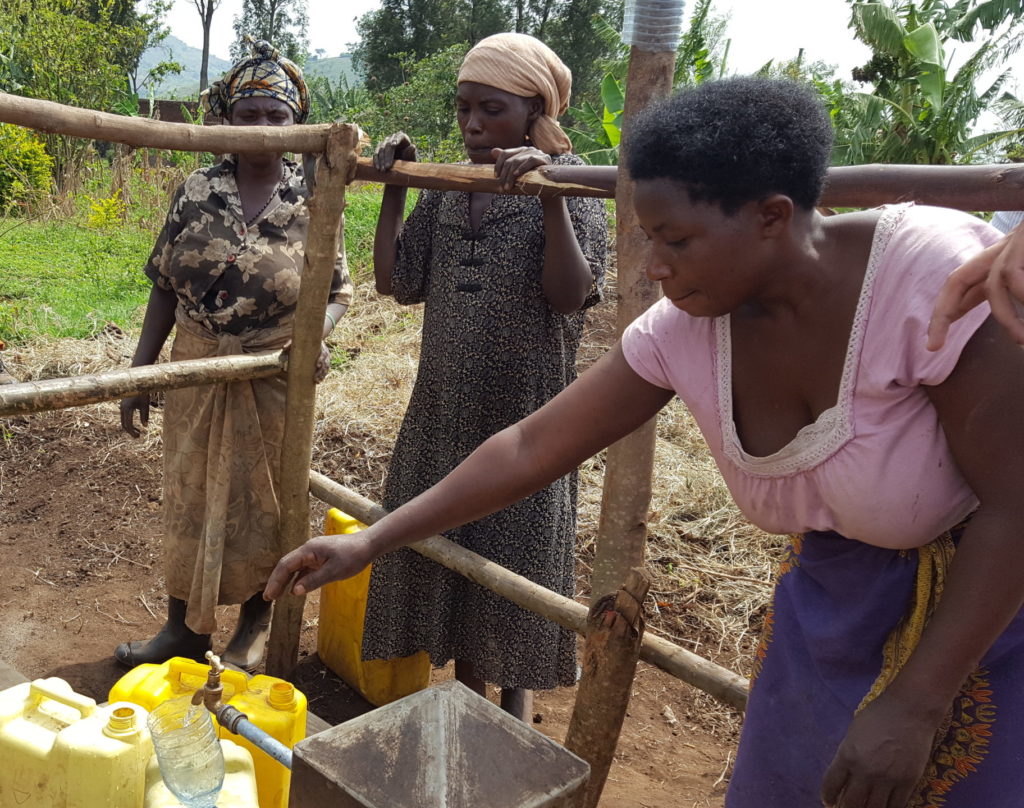Unreliable electricity supplies make it challenging to establish and grow enterprises in Uganda. The Ugandan government hopes to solve this by increasing the country’s hydro power generation capacity. Norfund has provided a loan for a new small hydropower plant, Rwimi, in western Uganda.
Background
The power sector in Uganda is developing rapidly. Access to electricity increased from 9 per cent to 26 per cent between 2006 and 2016. However, the power supply is still unreliable in many regions, blackouts occur frequently and commercial and industrial enterprises consume two-thirds of the electricity. Therefore, there is a need for increased local generation.
of the population had access to electricity in Uganda in 2016
Our Impact
Rwimi is a new 5.5 MW hydropower plant in western Uganda. Developed, built and operated by the Sri Lankan company, Eco Power, it is an excellent example of a well-functioning South-South collaboration. Norfund and the Belgian Investment Company for Developing countries (BIO) have debt financed the project, and supported the environmental and social performance of the project. The plant became operational in 2017 and is selling electricity to the Ugandan national transmission company UETCL. Rwimi will contribute to stabilising the Ugandan power system and increasing power supply to a growing economy.
“Electricity has greatly improved our community welfare through the provision of light and security, especially at night times. Electric power has reduced our cost of living”
Esther Muthaka, one of the local inhabitants in Rwimi.
GET Fit
Rwimi was one of the first projects selected under the Ugandan GET Fit Program – a program aiming to foster the development of small-scale renewable energy projects in Uganda, and providing a subsidy payable on top of the standard feed-in-tariffs. The programme is supported by international donors including the Norwegian Government.
Business Support
As a part of the project, Norfund’s grant facility supported the construction of a gravity water supply line, bringing clean water to a total of 6,771 people in 7 villages. The project was implemented in close cooperation with the local communities and is now managed by local water tap committees. This water supply project has improved the lives of local communities, mitigated one of the impacts of extracting water from the river, and helped support good relations with local communities.
